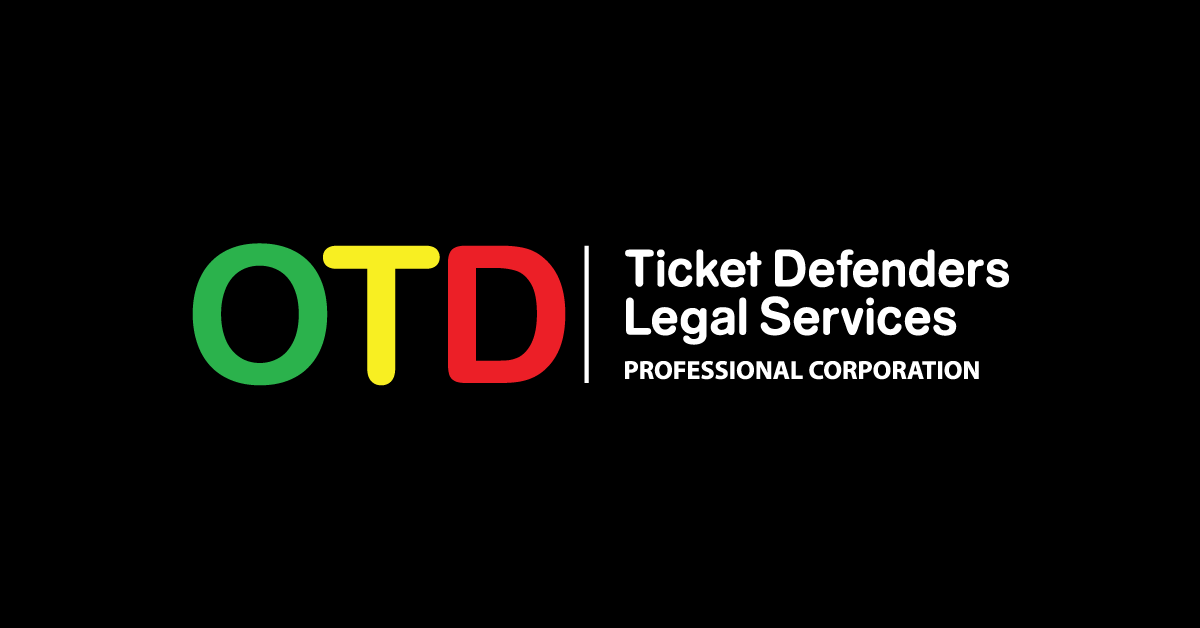Question:
I’m not sure what to do with my speeding ticket. Highway 401. Stopped by the Ontario Provincial Police. The officer said I was at 151 but wrote the ticket for 149. He said that if I fight it that it can go back up to 151 but my insurance company said that they will cancel my policy if I pay it and it goes on my record. Am I stuck? Pay it? Fight it? I need my car for work and to drive my son around. Thanks in advance!
Response:
There is hope in your situation. The unfortunate reality is that you have been stopped and charged by the police, we can’t change those initial facts. The speeding ticket is a 4 demerit point offence and from what you say, your insurance company has advised that given your age, driving record, etc. that they will cancel your insurance policy if you are convicted. If your insurance policy is cancelled, you will have to seek out a high risk insurance company and can anticipate a dramatic increase in your cost to insure your vehicle and remain able to legally drive. Given the insurance company’s reaction, I would also be cautious about any previously existing demerit points on your driving record if you have prior convictions. Depending on your demerit points, you could be at or near a license suspension or MTO interview.
Speeding tickets that have been reduced at roadside by the issuing police officer are somewhat different in how they are resolved at court; however, that does not change the fact that they can still be contested in protecting your personal, financial, licensing, and insurance interests. Like a regular speeding ticket, the most immediate benefit is that filing the matter with the court will prevent the offence from going on to your driving record. If you opt to simply pay the fine on the ticket, you will be convicted and the record of that conviction will then go onto your driving history. Most jurisdictions generally take 6 to 12 months to resolve a standard speeding matter and during that time the defendant’s record remains clear of the offence.
Like a regular speeding ticket, once a court date has been set for the matter, we as the legal representative for the defendant have a right to a full and complete disclosure of evidence from the Prosecutor’s office. This is our first opportunity to evaluate the legal merits of the Prosecutor’s case against the defendant. Sometimes there is a clear cut legal argument to have the offence withdrawn, other times there isn’t; unlike the average person, an experienced and licensed paralegal will be able to spot a legal defect in the Prosecutor’s case. Until the Prosecutor’s evidence is disclosed and reviewed we don’t know if such as defect exists and it would be unfortunate to simply accept a conviction and related penalties where a defence actually exists.
If the matter makes it all the way to a trial date, this is where a reduced speeding ticket differs from a regular one. We still attend court. We still press the Prosecutor to see if they will agree to a lesser offence. We still determine whether or not their witness (the police officer) is present. However, given the generally clear cut nature of evidence in speeding cases, if their witness is present, and if there are no substantial legal defects to the Prosecutor’s case…at that time we would generally have instructions from our client to plead guilty to the offence having exhausted all other reasonable avenues to reduce or eliminate the charge. The reason for doing so is to avoid the Prosecutor at trial asking the presiding Justice of the Peace to amend the rate of speed back to the original rate of speed should no further defences be available at that time.
Sometimes when a client is facing severe consequences should they be convicted (such as job loss, loss of license, or increased insurance costs), they may instruct us to proceed to trial regardless of the odds of winning at trial. This provides a final and exhaustive opportunity for them avoid a conviction should the court rule in their favour at the end of trial. If any conviction, whether at the reduced or original rate of speed, will effectively result in the same consequence (albeit with a different fine and/or demerit point penalty) then trial may be a worthwhile option. We can certainly provide you with more information in helping to navigate this issue should it arise.
Given the expectedly reduced time commitment for these cases where a trial is not anticipated, we reduce the cost of legal work proportionately to the client. This reduced cost generally makes defending the speeding charge cost effective and worthwhile. At a bare minimum a conviction can be delayed after exhausting the defence process. At best case the charge is withdrawn or dismissed and simply goes away completely.
Do You Need To Defend Yourself Against An Ontario Traffic Ticket?
If you need to defend your driving rights against an Ontario traffic ticket you should contact us as soon as possible. We have skill and experience in helping drivers just like you respond to a variety of traffic tickets and provide free, confidential consultations to empower you to fight your charges. We help drivers throughout Ontario including Cambridge, Georgetown, London, Windsor and from our home office in Kitchener. Contact us online or call us directly at 1.844.647.6869 or text us a copy of your ticket to 226-240-2480.


